Never before has there been so much attention focused on Alzheimers disease, including the unfortunate reality of early onset, afflicting people who are 55 and over. According to Alzheimer Society of Canada, there are currently 564,000 Canadians who are currently living with dementia and 25,000 new cases being diagnosed every year. A tremendous amount of attention has also been placed on the roles and responsibilities of the caregivers and the challenges that they face while caring for a loved one. The reality is that the disease has been around for a very long time, yet the stigma that is still attached to speaking about it prevents many families and caregivers from seeking the necessary help and support they need.
As compared to other diagnosed diseases, the family is rarely presented with a “prescription of care” or “road map” of how to navigate the challenges that are associated with managing and living with this disease. The medical community does not automatically educate individuals and refer them to the available support services.
As a Professional Alzheimer Care Consultant and former caregiver to my mother for over 10 years who recently passed away this year from the disease, I have met and continue to meet numerous individuals in my position who have lived similar journeys and the common thread among all of us is that we wish that there could have been someone helping us make a plan in terms of obtaining the type of support that we need and point us in the direction of where to obtain it.
Alzheimer’s disease threw a curve ball into my life when my mother was diagnosed in September of 2006 at the age of 74. My father had recently passed away, I was 38 years old, my 3 children were very young and I was working full-time. I am an only child and the weight of the responsibilities and decision making regarding my mother fell 100% onto my shoulders. There was no “prescription” that was given to me as to how, where, when, who could assist me in managing this disease. I was completely unfamiliar with any of the symptoms, expectations, challenges that she, and inevitably I, would face in caring for her. I became caught up in a cyclone of caring for my mother that would last for the next 5 years until I suffered a severe nervous breakdown in July of 2011. I had placed unrealistic expectations upon myself and thought I could do it all without any help from anyone. The truth is, I desperately wanted and needed help but I was too stubborn to ask for it and second of all, I did not know where to turn to get it.
My personal experience with Alzheimer’s Disease has taught me that seeking support and becoming educated about the disease from the very beginning would have had a profoundly greater impact on the quality of care that my mother received as well as the level of stress that I endured as a caregiver.
Alzheimer’s disease and related disorders have no cure yet – and as the population ages and more people are diagnosed, we need to ensure that the public become better educated about how to deal with dementia. One of my main objectives in founding my consulting firm, Caregiver Crosswalk, is that I can help families navigate this journey and help them connect with the many important resources that are available in the community.
